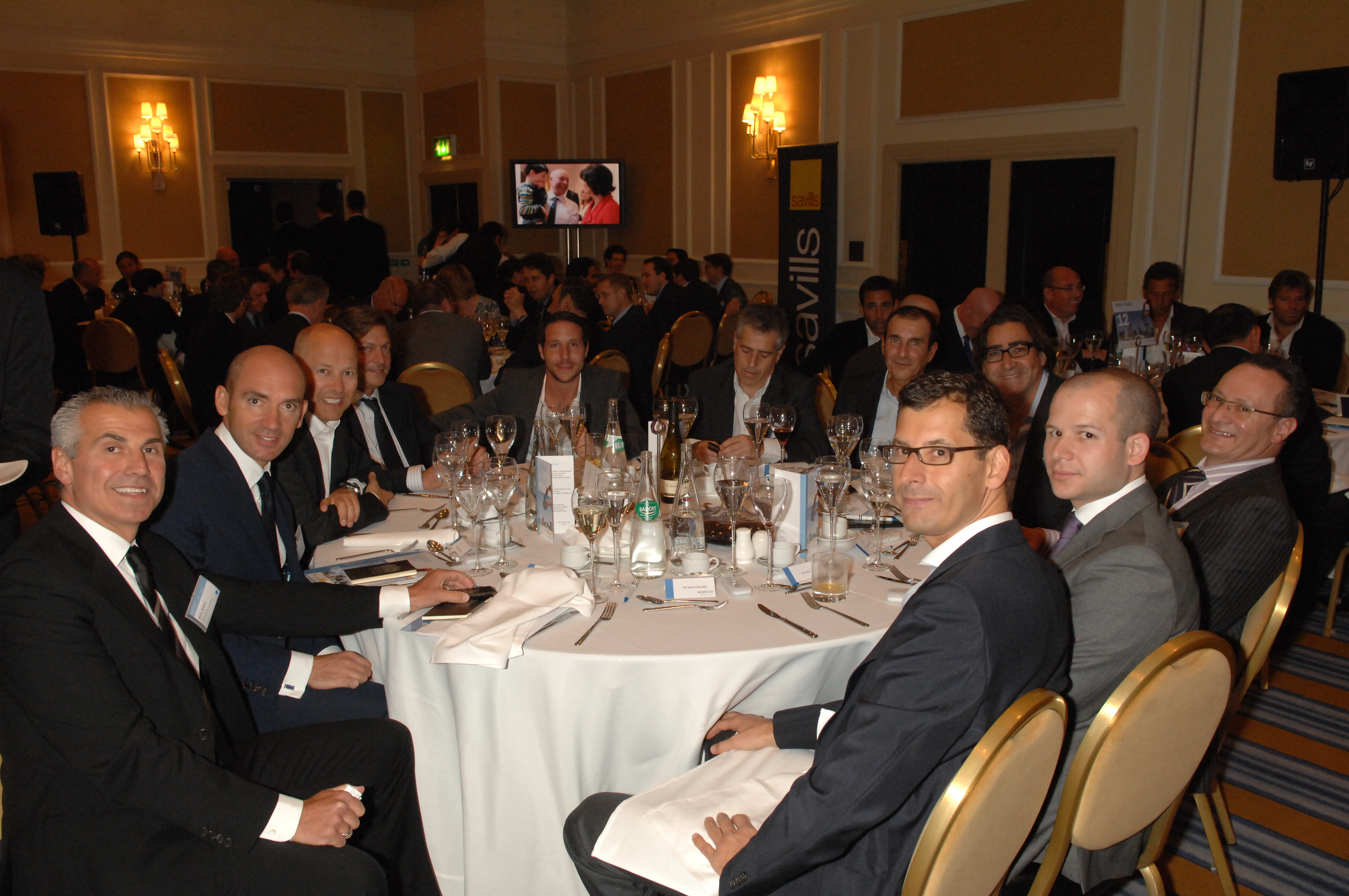Company-wide events have become a popular way to promote worker solidarity outside of the workplace.
In addition, recreational events can be done at a company of nearly any size, although different accommodations and considerations will have to be made for bigger companies.
Despite the general agreement that recreational events should be held, not all companies hold them correctly.
This post will discuss the benefits of recreational events, the right types of events to hold, what to look out for, and how to minimize costs.
What Should We Do?
Generally, the best type of recreational event to hold is one that the entire company is enthusiastic about.
Don’t be shy or afraid to ask around if you’re part of HR; if you want to be less direct, you can always email your firm’s employees to get their input.
It should be clarified that while fun activities can help create solidarity amongst team members, they are not meant to replace traditional team building activities.
Team building activities are generally held either in the workplace or at a formal external location— such as a hotel or retreat— and are meant to explicitly help with obtaining better results while on the job.
After work events should comprise of activities that aren’t dangerous or that would exclude certain employees. Safe and inclusive activities would generally preclude:
- Paintball
- Skydiving
- Archery
- “Fire walking” (walking across hot coals)
- Free climb rock climbing
- Anything that involves firearms
- Tackle football
- The Human Rubber Band Game
By no means is this list comprehensive. Depending upon the workplace, even something seemingly as harmless as bowling can potentially present issues, so it’s imperative to get employee input as to what would and wouldn’t be a viable option.
Themed events can also be fun, but they shouldn’t be offensive. For example, a rock ‘n roll theme is something relatively benign that can likely be done under any circumstances. Conversely, an orgy-themed event would not be appropriate under almost any circumstances.
When determining what activities to offer, the demographics of the groups you’re trying to satisfy should come into consideration, particularly when it comes to balancing out preferences by age.
Benefits of Recreational Events
The benefits of recreational events include:
- Helping establish a comfort level among new employees
- Integrating non-local employees into the local scene
- Getting other departments familiar with one another
- Allowing different age groups to bond and communicate freely
- Giving employees the chance to be more comfortable around their bosses and supervisors
- Showing appreciation to hard-working teams or individual performers
- Celebrating workplace success, milestones, and achievements
- Assisting a team with rejuvenating themselves after a long day or week
Obviously, the type of after-work activity and its execution play a big role in determining whether it will end up harnessing these types of benefits and others.
Cost Control
While the idea of gaining tremendous benefits from after-work events is appealing to nearly all companies, cost is an issue that many would cite.
Thankfully, not all company events have to be expensive.
Shared meals are one example of an after-work company event that can be had on the cheap. As a firm, you can set a limit on how much you’re willing to pay— say, $15— and you’ll still get to provide something that your employees will appreciate.
As aforementioned, the meal should exclusively be looked at as a way to allow workers to communicate in a relaxed, informal setting, as opposed to designating it towards team-building.
If the trip helps augment or is related to what the employee experiences on the job, all the better, but this shouldn’t be a prerequisite.
In addition, volunteer experiences are often both free and highly impactful, so if you have employees who like to give back, these experiences should also be strongly considered— although perhaps on an off-day, depending upon the nature of the work.
Safe fitness or sports activities generally don’t break the bank, but again, the word safe must again be emphasized. You don’t want an employee to get injured, and then you’re potentially liable.
In many situations, finding activities to do via Groupon or LivingSocial is advisable, as you’ll not only discover new things, but likely get more bang for your buck.
Once you’ve ensured everything outlined in this article, make sure you and everyone else will have fun, whether you go dancing, to a sports event, or do something else!

